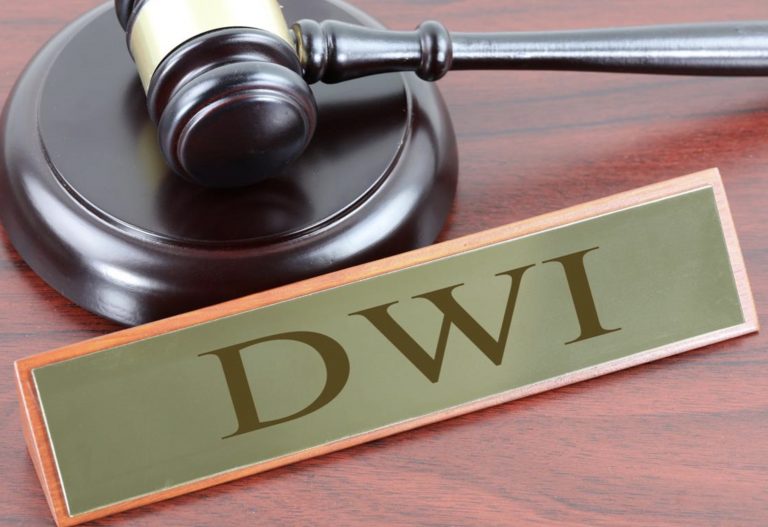Driving while intoxicated is a severe offense in Texas; a conviction could lead to mandatory fines, losing your license, and even jail time. The only way you can avoid all these is by contesting the charges.
Many people are unaware that they can challenge the charges. The interaction with the authorities may sometimes make it seem impossible to fight the conviction. Here are several defenses that, in the hands of an experienced DWI attorney such as Chris Lewis & Associates, can get you off the hook for the DWI charges.
The Police Improperly Stopped You
The law prohibits the police from arbitrarily pulling over or stopping private citizens without reasonable suspicion. There are specific and articulable grounds that give the police officers reasonable suspicion for criminal activity. Therefore, police must have more than just a gut feeling or hunch that an individual has committed or is committing a crime.
In the context of a DWI, or any traffic stop, police must have seen a suspect do something wrong. Suppose you were within the speed limit, obeying all the traffic laws, not swerving, and not experiencing a mechanical malfunction on your vehicle. In that case, it’s possible to assert that the police lacked a reasonable suspicion to pull you over. A DWI attorney has the know-how to present this defense in court and make any other piece of evidence brought against you inadmissible.
Failure to Maintain Sobriety Test Protocol
The administration of field sobriety tests has to take place to observe the set protocols. When law enforcers fail to adhere to those predetermined procedures, evidence gathered during the tests could quickly get suppressed. The suppression is especially likely when the involved officers presented themselves disrespectfully, inappropriate, or overly intimidating towards you.
Furthermore, field sobriety tests are only a part of evidence but cannot by themselves stand alone as sufficient evidence of intoxication. For example, the heel-toe test may not be adequate if conducted in bleak weather. If this was the only piece of evidence against you, then contesting the charge with an attorney can help you keep your license after a DWI by dismissing the case.
Violation of Miranda Rights and Inappropriate Interrogation
Police are required to inform a suspect immediately they are under arrest; the information must be relayed in a distinguished manner, separate from any other normal conversation where an individual would otherwise be free to leave. The officers have to read you your Miranda rights. These rights include the right to an attorney, remaining silent, and in case you can’t afford an attorney, the right to a court-appointed counsel.
The police must have informed you of the chance of statements you make after being used against you in court by the prosecution. As much as the process seems so apparent, it is not uncommon for police officers to fail to observe the procedure. If the police handled your arrest inappropriately, sharing the information with your attorney will work wonders against any evidence later placed against you.
From incriminating statements, sobriety test observations to biological evidence, all these will likely get excluded in your case if gathered after your improper arrest.
Take Your Chances at Winning the Case
There are many more possible defenses to a DWI charge, such as medical conditions and improper communication with the defendant, among others. Some defenses even pop up on the day of the trial, such as the use of unauthenticated photographs, recordings, and documents, among others.
Pleading guilty to a DWI charge may come with lots of consequences; for starters, it is a permanent criminal record on you. A criminal record alone bears its problems to your future employment, and in the circumstance you ever get arrested again, it will hurt your case. You also stand to have your driving licenses suspended and land on probation.

0 Comments